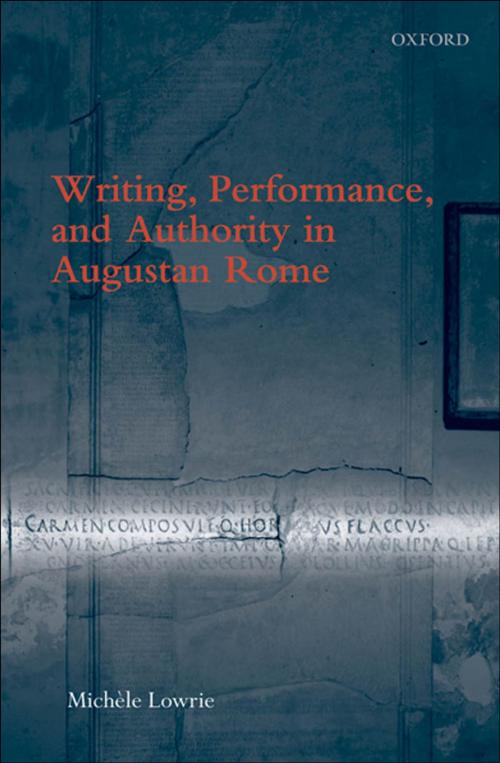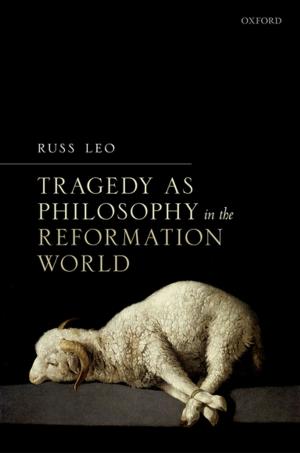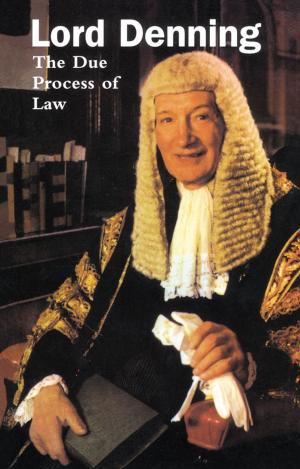Writing, Performance, and Authority in Augustan Rome
Fiction & Literature, Literary Theory & Criticism, Ancient & Classical, Nonfiction, History, Ancient History, Rome| Author: | Michele Lowrie | ISBN: | 9780191609336 |
| Publisher: | OUP Oxford | Publication: | October 15, 2009 |
| Imprint: | OUP Oxford | Language: | English |
| Author: | Michele Lowrie |
| ISBN: | 9780191609336 |
| Publisher: | OUP Oxford |
| Publication: | October 15, 2009 |
| Imprint: | OUP Oxford |
| Language: | English |
In Writing, Performance, and Authority in Augustan Rome Michele Lowrie examines how the Romans conceived of their poetic media. Song has links to the divine through prophecy, while writing offers a more quotidian, but also more realistic way of presenting what a poet does. In a culture of highly polished book production where recitation was the fashion, to claim to sing or to write was one means of self-definition. Lowrie assesses the stakes of poetic claims to one medium or another. Generic definition is an important factor. Epic and lyric have traditional associations with song, while the literary epistle is obviously written. But issues of poetic interpretability and power matter even more. The choice of medium contributes to the debate about the relative potency of rival discourses, specifically poetry, politics, and the law. Writing could offer an escape from the social and political demands of the moment by shifting the focus toward the readership of posterity.
In Writing, Performance, and Authority in Augustan Rome Michele Lowrie examines how the Romans conceived of their poetic media. Song has links to the divine through prophecy, while writing offers a more quotidian, but also more realistic way of presenting what a poet does. In a culture of highly polished book production where recitation was the fashion, to claim to sing or to write was one means of self-definition. Lowrie assesses the stakes of poetic claims to one medium or another. Generic definition is an important factor. Epic and lyric have traditional associations with song, while the literary epistle is obviously written. But issues of poetic interpretability and power matter even more. The choice of medium contributes to the debate about the relative potency of rival discourses, specifically poetry, politics, and the law. Writing could offer an escape from the social and political demands of the moment by shifting the focus toward the readership of posterity.















